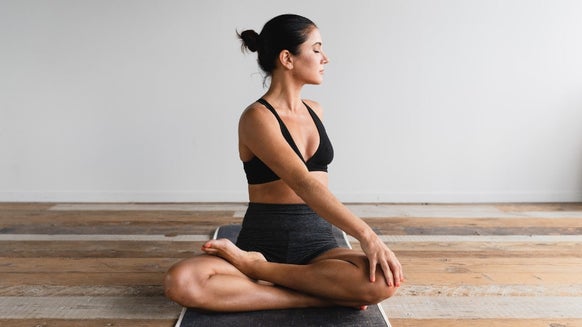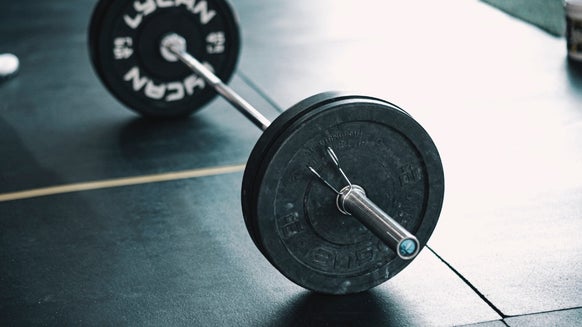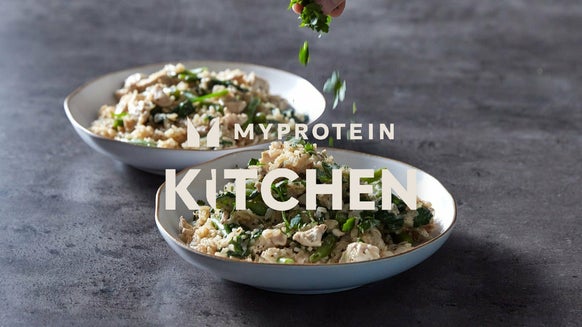You Can’t (And Don’t Need To) Get Rid Of Hip Dips With Exercise

I bet before you typed into google ‘how to get rid of hip dips’ you didn’t even know what hip dips were. Like the majority of us, we didn’t realise we had hip dips until the latest craze had spread like wildfire across the internet. What’s strange is that google searching this body part has surged in recent times. The search term ‘how to get rid of hip dips in a week’ have gone up 50% just in the last couple of weeks. Let’s dig a bit deeper into why people are so obsessed with minimising this body part and if there’s any logic behind it.

What are hip dips?
For those who don’t know - Hip dips are known as those gentle inward curves found below your hips and above your thighs. In anatomical terms, we call this area the “trochanteric depression”. Some people have them; others don’t.
What causes hip dips?
Hip dips are caused by the shape of your pelvis. Although not everyone will have noticeable hip dips, if reduced to a skeleton, all of us would have an indentation where the hip bone meets the top of the thigh. Hip dips are a normal part of your body’s structure.
What do hip dips mean for my health?
Hip dips are not a sign of being healthy, unhealthy, overweight or underweight. Although the amount of body fat you have can make hip dips more noticeable and they can be the result of having a higher level of muscle mass, it’s important to remember that hip dips are a part of your bone structure, and while you can enhance your body shape through exercise and diet, you cannot change your bone structure.
Realistically though, most people do have some degree of hip dip, it’s fair to say that having hip dips is very ‘normal’!
Can you get rid of hip dips?
One quick search in google to “get rid of hip dips” and hundreds of searches come up, but in reality – can you get rid of your hip dips?
Exercise does play an important part building muscle mass and enabling fat loss to occur quicker but remembering that hip dips are due to bone structure means that we can’t entirely get rid of them through exercise. That being said, it is important to make sure you focus on strengthening your entire lower body, as we know you cannot spot reduce through exercise alone. If the dip is from excess fat, then exercise may help but again fat storage can be genetic. It's mostly down to high and wide hips.
Depending on what causes your hip dips (bone structure vs fat distribution on the hips) it can be either impossible or very difficult to make changes in this area. If your hip dips stem from your skeleton/pelvis, then try to start learning to love yourself and put some energy into loving these areas of your body, as hard as that is at times.
If you find that you have a bit of extra fat in the love handles area, you
The verdict
Obsessing over any part of your body, especially those which cannot be changed, is potentially very damaging to your health, especially mental health. We understand the pressure so many people are under to conform to a certain standard of beauty due to the pressure that social media places on us.
It's up to us to set the new standard of beauty and appreciate our bodies for the lovely vehicle of life it is. Accepting your body shape no matter what size it is should be the focus. Doing exercise for enjoyment is vital and a relationship with our body that is loving and accepting, focused on health and balance is the best mindset to have when entering a fitness journey.

Science Fact Or Fiction: Hourglass Abs Workout
This workout claims it can chisel your waist into an hourglass...

What Is The Sirtfood Diet? What You Can Eat And How It Works
Some elite athletes swear by it, and our nutritionist got the scoop.

What Is The Carnivore Diet? Food List, Benefits And Side Effects
The meatiest diet on the block...











